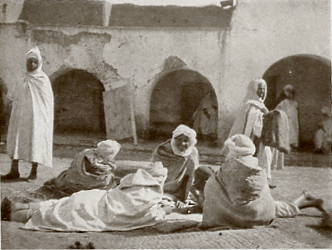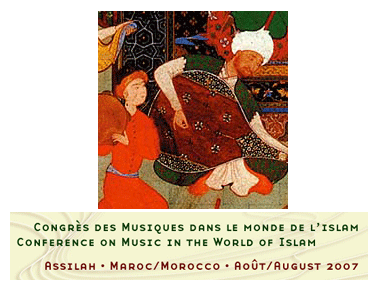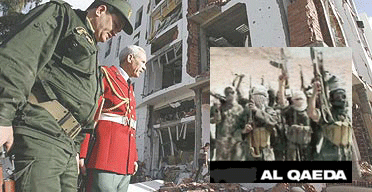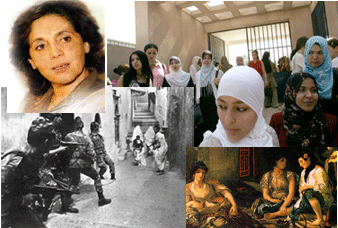
[Note: the following parody, written in critique of proslavery arguments in congress, was one of the last articles penned by Benjamin Franklin. Were Franklin almanacking today, what would Poor Richard have to say about the current state of political stalemate in the Middle East? And what would he think of today’s inaugural?]
To the Editor of the Federal Gazette
by Historicus (Benjamin Franklin)
March 23, 1790
Sir,
Reading last night in your excellent paper the speech of Mr. Jackson in Congress, against meddling with the affair of slavery, or attempting to mend the condition of slaves, it put me in mind of a similar one made about one hundred years since, by Sidi Mehemet Ibrahim, a member of the Divan of Algiers, which may be seen in Martin’s account of his consulship, anno 1687. It was against granting the petition of the Sect called Erika or Purists, who prayed for the abolition of piracy and slavery, as being unjust. Mr. Jackson does not quote it; perhaps he has not seen it. If therefore some of its reasonings are to be found in his eloquent speech, it may only show that men’s interests and intellects operate and are operated on with surprising similarity in all countries and climates, whenever they are under similar circumstances. The African’s speech, as translated, is as follows:
“Allah Bismillah, &c. God is great, and Mahomet is his Prophet.
“Have these Erika considered the consequences of granting their petition? Continue reading “Best interests of the state”



